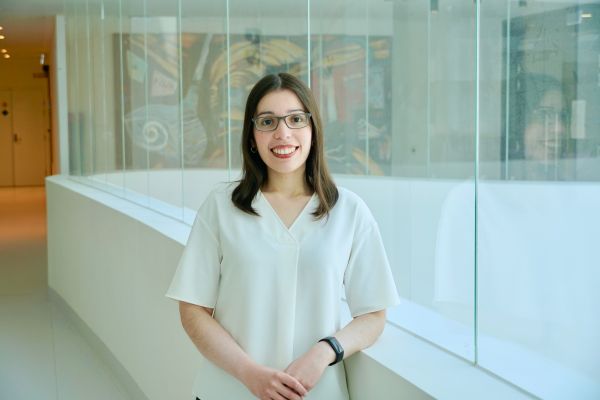While cancer treatments have generally focused on targeting individual genes or pathways, cancer cells use a diversity of strategies to become resistant to treatment, such as reprogramming of the transcriptome, epigenome and other -omes, as well as altering the surrounding microenvironment. The Trigos lab focuses on understanding how different -omics layers in tumour cells and the microenvironment adapt and co-evolve as an ecosystem to drive cancer progression, resistance and metastasis. We address these questions using a computational top-down approach to profile patient samples collected from biospecimen collection programs or clinical trials. This insight into cancer enables us to develop novel approaches to identify predictive biomarkers and vulnerabilities that can be targeted with treatment, both of which can be readily translated to the clinic.
Our projects are primarily in prostate cancer and multiple myeloma. We collaborate widely with clinicians, including medical oncologists, nuclear medicine physicians, radiation oncologists and surgeons. Throughout our projects we use a combination of bulk, single-cell and spatial -omics data, including genome sequencing, gene expression, methylation, chromatin accessibility, single-cell RNAseq and multiome, as well as spatial transcriptomics and proteomics platforms (e.g. Visium, OPAL, MIBI, CODEX, Nanostring Digital Spatial Profiling).
Current projects
Profiling multi-omic evolution in cancer
Cancer evolution and heterogeneity limit the success of personalised medicine. These processes have traditionally been studied under the lens of genetic Darwinian evolution. However, recent technological developments have brought to light that beyond the presence of multiple clones, genetically identical cells often have different epigenomes. This project aims to elucidate how tumour cell states result from the plasticity and interplay of -omes and clonal evolution, and how these co-evolve during disease progression and the development of resistance.
Understanding how cancer ecosystems enable cancer progression and treatment resistance
Cancer ecosystems are composed of the wealth of normal cells that form the microenvironment within and surrounding the tumour, and genetically and epigenetically heterogeneous tumour populations. In this project, we focus on understanding how tumour cells alter their own phenotype to adapt to the microenvironment, how cell-cell communication between tumour cells and the microenvironment is fundamental for the emergence of specialised tumour cell populations, and how the composition of the microenvironment and of tumour populations changes with treatment and as cance
Development of methods to analyse the spatial distribution of tumour and microenvironment cells
Cancers are composed of a myriad of cell types, such as tumour cells and immune cells. However, rather than a homogeneous mixture of cells, cells are organised in biologically meaningful ways. For example, immune cells that are close to tumour cells might be recognising and killing tumour cells, whereas the absence or the random location of immune cells in the tissue might mean that such recognition is not taking place. Our group develops and applies bioinformatics approaches that allow us to quantify, compare and simulate such patterns from spatial proteomics and transcriptomics data.
Development of computational tools to analyse novel and complex data types from patient samples
Data derived from patient samples often have unique features that make the application of standard bioinformatics workflows challenging. Furthermore, with the emergence of new platforms and data types, there is often ample room to extend their applicability and what can be extracted and learned from the data. A focus of the lab is extending the limits of what we currently do with -omics data through tool repurposing and method development.
Lab experts
- David Kaplan, Postdoctoral researcher
- Sirui (Cathy) Weng, PhD student
- James Comben, PhD student
- Lachlan Cain, Bioinformatician
- David Le, Honours student
- Graeme Sissing, Consumer representative
- Steve Cavill, Consumer representative
- Geoff Nyssen, Consumer representative
Related pages
Related links

